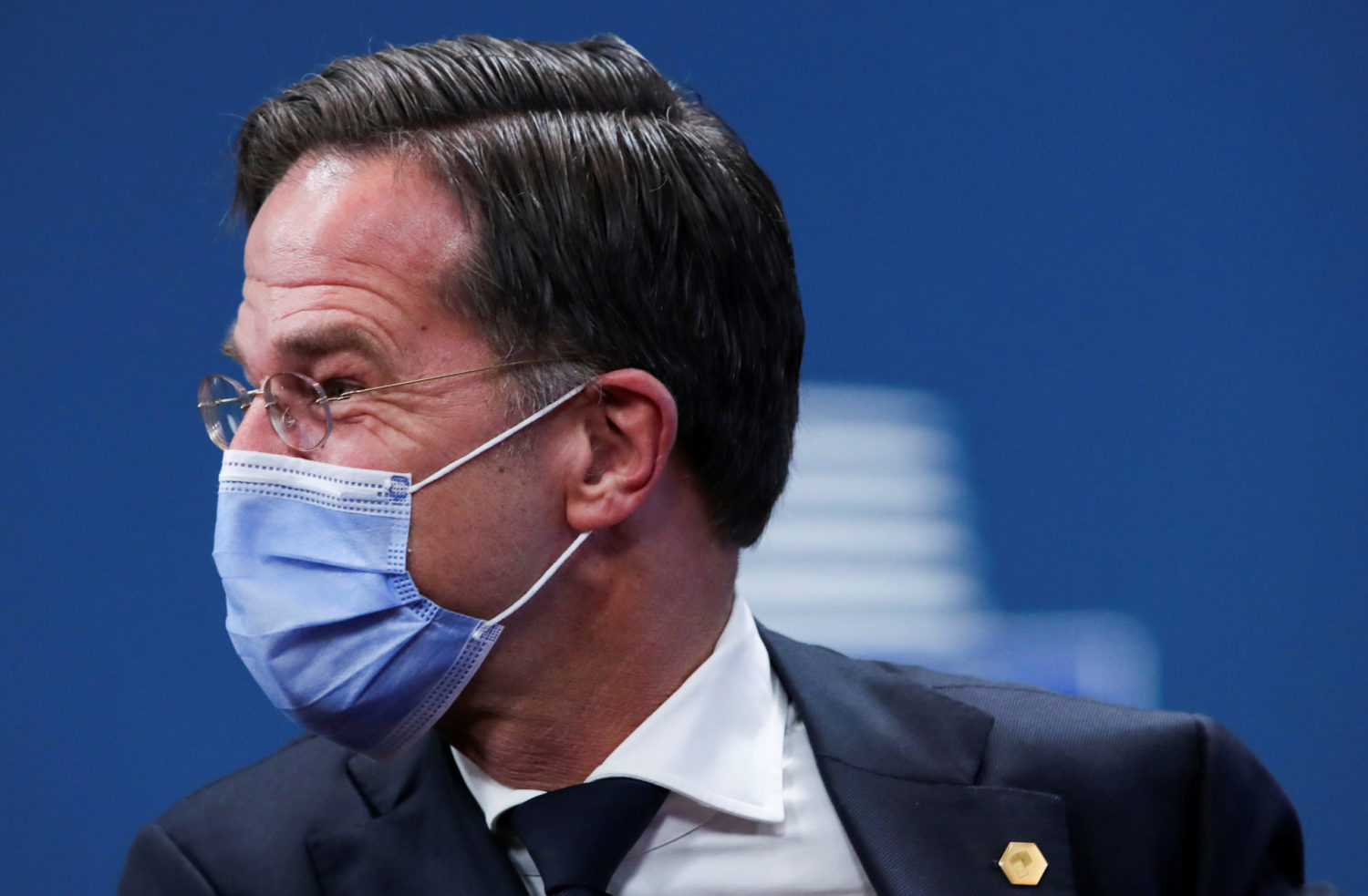
By Joseph Nasr
MEISSEN, Germany (Reuters) – For some in Meissen the caskets piling up in the eastern German city’s sole crematorium are a tragic reminder of what happens when the coronavirus is not taken seriously. For others it is simply nature’s way.
Meissen, along with other places across old East Germany that are generally poorer, older and more supportive of a far-right opposed to lockdown, are the worst hit by the pandemic in the country, complicating Chancellor Angela Merkel’s efforts to bring it under control.
“It’s heartbreaking,” said manager Joerg Schaldach, whose furnaces cremated 1,400 bodies last month, double the figure from December last year. More than half had died of COVID-19 and Schaldach expects some 1,700 cremations in total this month.
“People are dying alone in hospital without a loved one holding their hand,” added Schaldach, standing in the main hall cleared of chairs used for funeral services to make way for caskets. “People get just a phone call: ‘deceased.’ A farewell at the coffin is not possible, all they get is an urn.”
Like many east German regions that had a relatively mild first wave, Saxony, home to Meissen and a stronghold of the far-right Alternative for Germany (AfD) party, has the second highest 7-day incidence rate in Germany, almost double the national average of 136 per 100,000 people.
The neighboring eastern state of Thuringia, where the AfD is also popular, is now Germany’s worst hot spot, taking over from Saxony last week.
“If the Saxony government had acted earlier, we would have had the pandemic under control. But now we are a national problem,” said Frank Richter, a lawmaker in the Saxony parliament for the center-left Social Democrats (SPD).
“The pile of bodies in Meissen is bitter medicine against ignorance.”
Detlev Spangenberg, an AfD lawmaker in the national parliament from Saxony, said the party should not be blamed.
“We’ve had a lockdown since November and the numbers are not going down. It’s nothing to do with the AfD,” he said late last week. “We are just saying that the collateral damage of lockdowns outweighs the benefits.”
MISTAKES MADE
The governors of both Saxony and Thuringia had in September opposed efforts by Merkel to introduce restrictions after the summer in anticipation of a second wave of COVID-19, only to acknowledge recently that they had made an error in judgment.
On the deserted streets of Meissen, a city of 28,000 famed for it porcelain industry, people had different explanations for the dramatic surge in infections, ranging from naive complacency to skepticism partly promoted by the AfD.
“It sounds strange, but I noticed that young people follow rules like wearing a mask and keeping distance more than old people,” said Jenna Schmidt, a 27-year-old waitress at a local restaurant shuttered since November.
“When numbers started to rise in October, you’d hear old people say, ‘oh I’m too old, I’ll die soon anyway’,” said Schmidt, walking with her toddler in the snow in the main square that is usually bustling with tourists.
“It’s attitudes like this that got us here.”
At the crematorium, men working around the clock unloaded caskets marked with pieces of paper stating the deceased’s name, date of birth and death and address. Almost all were in their late 60s or older. Some had lived in care homes.
“There is a lot of panic and hysteria,” said Roswitha Zeidler, a 60-year-old who works as a cleaning lady in a hotel. “Old people die all the time. I’m sick and tired of all the restrictions and predictions. I just want my life back.”
Merkel and state leaders will hold talks on Tuesday on whether more restrictions are needed when a hard lockdown expires on Jan. 31.
Germany, which imposed a lockdown in November that was tightened early last month, recorded just over 7,000 confirmed new infections on Monday and 214 deaths, roughly half the figures from a day earlier.
‘OWN GOAL’
While limited testing and lower death reports at the weekend may have played a role, Health Minister Jens Spahn said the trend was downward but the numbers remained far too high.
Ute Czeschka, an independent member of the Meissen city council, said another factor that contributed to infections exploding in eastern German states like Saxony was their proximity to the Czech Republic and Poland, two hot spots on Germany’s eastern border.
“Many of our health care workers and doctors come from hot spots like the Czech Republic,” said Czeschka. “So this didn’t help. But the main reason we got here is that, until recently, many people did not believe in the virus. Now they do.”
SPD lawmaker Richter said that the skepticism of the coronavirus promoted by local AfD leaders, who during the summer showed up at anti-lockdown protests not wearing masks, had encouraged people to flout hygiene and distancing rules.
“Fighting a pandemic is like a team trying to win a soccer match,” said Richter. “You can’t win if some players are trying to score an own goal.”
A study by the Forsa research institute found that only 19% of AfD supporters believed the federal government’s information about the pandemic was credible and less than 30% of men who support the party followed distancing and hygiene rules.
This compared with 75% and 65% respectively for the whole population.
(Reporting by Joseph Nasr; Editing by Mike Collett-White)












